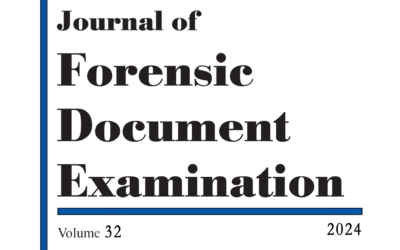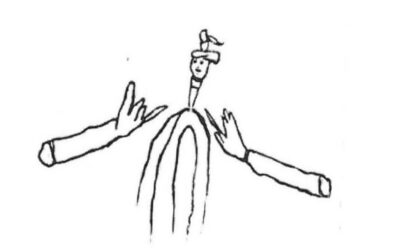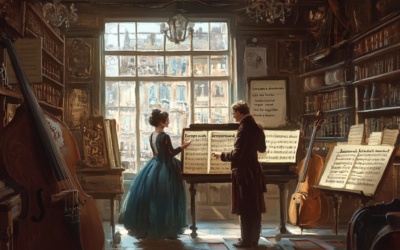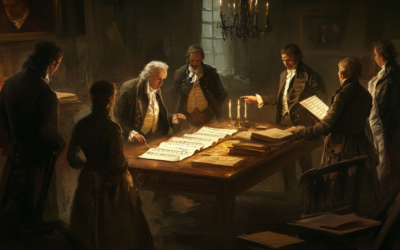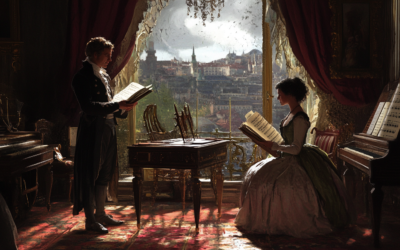The Myth of Mozart:
Debunking the Romantic Virtuoso Image
The image of Mozart as a Romantic-era virtuoso is a misleading anachronism, fuelled by 19th-century propaganda. Wolfgang was no transcendental pianist, but a product of an era where music was more galant than heroic.
Mozart: The Fall of the Gods
This book offers a fresh and critical look at the life of Wolfgang Amadeus Mozart, challenging the myths that have surrounded him for centuries. We strip away the romanticised image of the “natural genius” and delve into the contradictions within Mozart’s extensive biographies. Backed by nearly 2,000 meticulously sourced citations, this work invites readers to explore a deeper, more complex understanding of Mozart. Perfect for those who wish to question the traditional narrative, this biography is a must-read for serious music lovers and historians.
"Mozart’s brilliance was less about transcendental technique and more about the improvisational and expressive subtleties of the galant style."
Mozart: The Fall of the Gods
When we picture the young Mozart, many of us are drawn to the idea of a child prodigy touring Europe, dazzling audiences with his musical prowess. This image, however, is largely a fabrication. It has been shaped by Romantic ideals, associating Mozart with the virtuosos of the early 19th century and the great artists of the Romantic era. Yet, Wolfgang was not a 19th-century pianist whose feats of brilliance left audiences awestruck. Such an image is an anachronism.
The phenomenon of the virtuosic performer as we understand it today began only in the early 1800s. Figures like Paganini and Liszt came to embody the idea of superhuman performers, but this was long after Mozart’s time. By 1840, the piano and the virtuoso had become everyday realities. Mozart, however, belonged to a different era altogether.
Despite this, Wolfgang was later claimed as a symbol by Romantic-era virtuosos. Music publishers, eager to modernise his repertoire, transcribed his works for the piano—music originally written for the harpsichord. Young pianists practised the Minuets from Nannerl’s notebook, hoping to follow in Mozart’s footsteps. Yet, the 19th-century obsession with technical perfection and overcoming challenges was far removed from the world of 18th-century galant music.
“Mozart’s brilliance was less about transcendental technique and more about the improvisational and expressive subtleties of the galant style.”
His improvisational skills, highly praised in his time, were considered emblematic of an absolute and unparalleled mastery. However, this mastery had little to do with the virtuosic acrobatics of the Romantic pianist. It was about understanding and elaborating upon the galant compositions of composers like Telemann and Johann Christian Bach, both of whom had a direct influence on the young Wolfgang.
Mozart’s journey as a performer was marked by improvisation and ornamentation, not the transcendental feats of Romantic virtuosos. In fact, much of the technical brilliance that defined later centuries was still in its infancy during Mozart’s time. His early years as a musician saw him interpreting galant works, not composing transcendentally complex pieces. The romanticisation of Mozart’s abilities has led to a misinterpretation of his music and his era.
You May Also Like
Unveiling the Truth Behind Mozart’s Thematic Catalogue
Anna Trombetta, Professor Martin W. B. Jarvis from Charles Darwin University, and Luca Bianchini, have published a peer-reviewed article titled Unveiling a New Sophisticated Ink Analysis Technique, and Digital Image Processing: A Forensic Examination of Mozart’s Thematic Catalogue. This research, which underwent an extensive double-blind peer review, has appeared in a journal that serves as a global reference point for forensic document examiners and court specialists.
Unveiling the Truth Behind the Drawing
H. S. Brockmeyer’s latest research unravels the mystery behind a July 5, 1791, letter from Mozart to his wife. This remarkable investigation uncovers the original, unembellished drawing Mozart included—vastly different from the altered version widely reproduced in collections today. The discovery raises significant questions about historical accuracy and the intentional shaping of Mozart’s legacy.
The Deceptive Nature of Mozart’s Catalogue
The Thematic Catalogue traditionally credited to Mozart is fraught with inaccuracies, suggesting that many of his famous works might not be his at all. This prompts a necessary reevaluation of Mozart’s legacy and the authenticity of his compositions.
The Mozart Myth Unveiled: A Deeper Look
Mozart’s legacy is far from the untarnished narrative of genius that history would have us believe. The web of deceit woven around his name by those closest to him, including his own widow, reveals a much darker story.
The Other Side of Mozart’s Legacy
Explore the untold story of Mozart, where myth and reality collide. Our critical examination of his life and works reveals a legacy shaped by profit, myth-making, and misattribution. Join us in uncovering the truth behind the man and his music.
The Deception Surrounding Mozart’s Legacy
Anton Eberl’s confrontation with Constanze in 1798 exposed a web of deceit surrounding Mozart’s legacy, revealing that several of his compositions were falsely attributed to the late composer. This chapter uncovers the ethical dilemmas and controversies that have marred the posthumous reputation of one of history’s most celebrated musicians.


